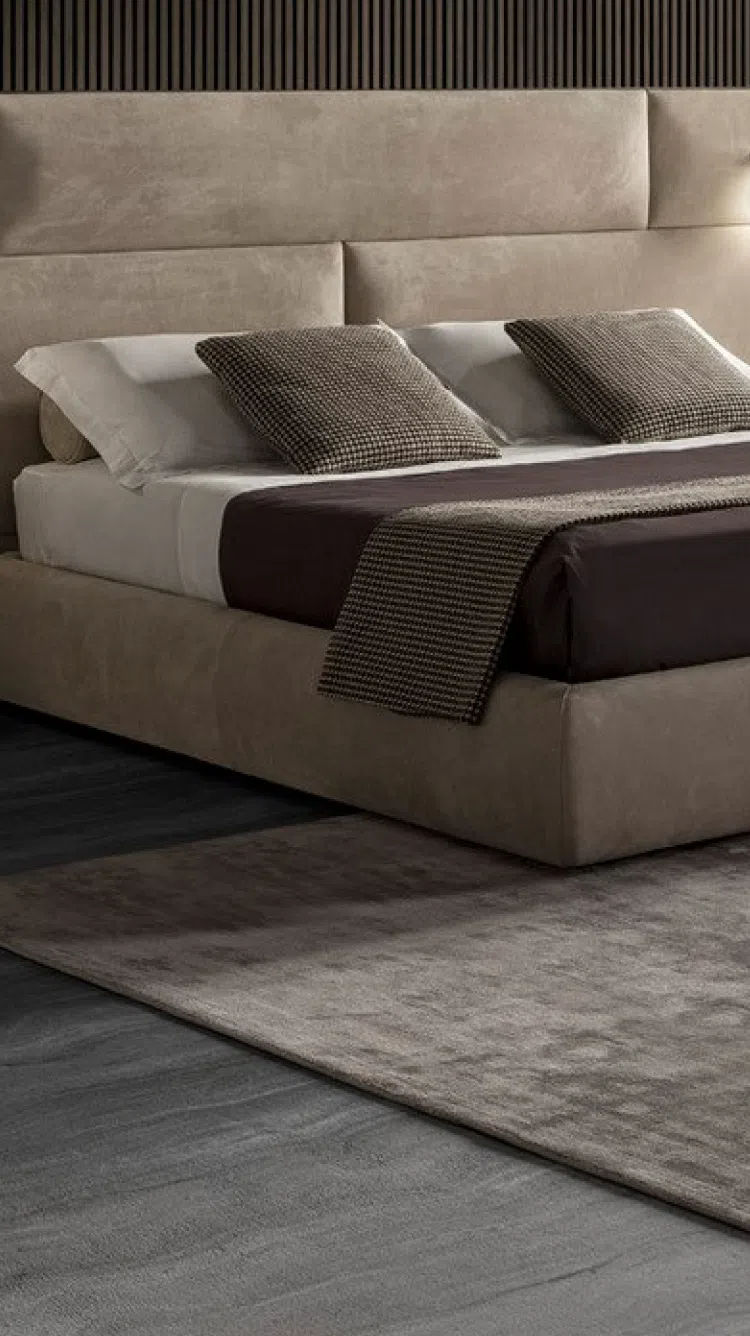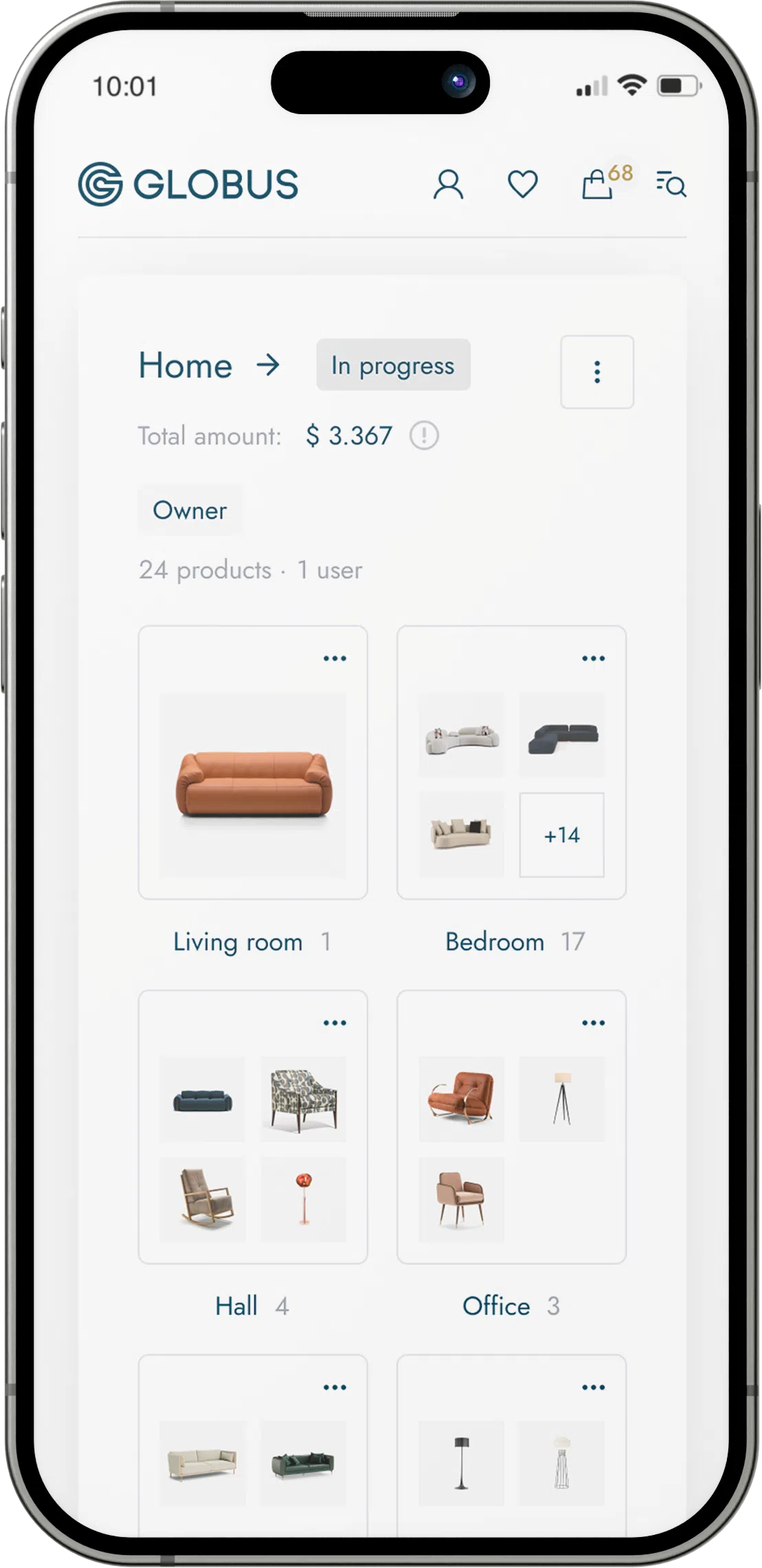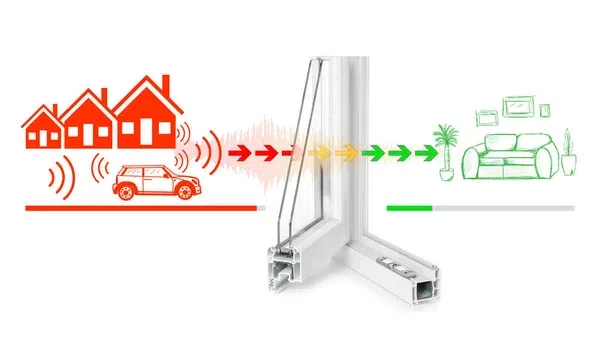Soundproof glass, often referred to as acoustic glass, is a specialized type of glass designed to reduce the transmission of sound through windows, walls, and other transparent or translucent barriers. While I am focused on furniture materials, soundproof glass can also be used in furniture applications, such as in glass-fronted cabinets or office partitions, where sound insulation can be important. Here’s a detailed explanation of soundproof glass as a material:
Composition:
Soundproof glass usually comprises multiple layers of glass and interlayers of plastic, such as polyvinyl butyral (PVB) or ethylene-vinyl acetate (EVA). These plastic interlayers are key to the sound insulating properties, as they dampen sound waves as they travel through the material. The construction might look something like this:
- Glass pane
- Plastic interlayer (PVB or EVA)
- Glass pane
This laminated structure might be further combined with air gaps or additional panes of glass to enhance sound insulation.
How It Works:
Lamination: The primary mechanism of noise reduction is the lamination process, which bonds the glass and plastic layers together. The interlayer acts as a dampening core, absorbing and dissipating sound energy.
: Soundproof glass incorporates the principle that increased mass improves sound insulation. Therefore, the panes of glass are typically thicker than standard window glass.



